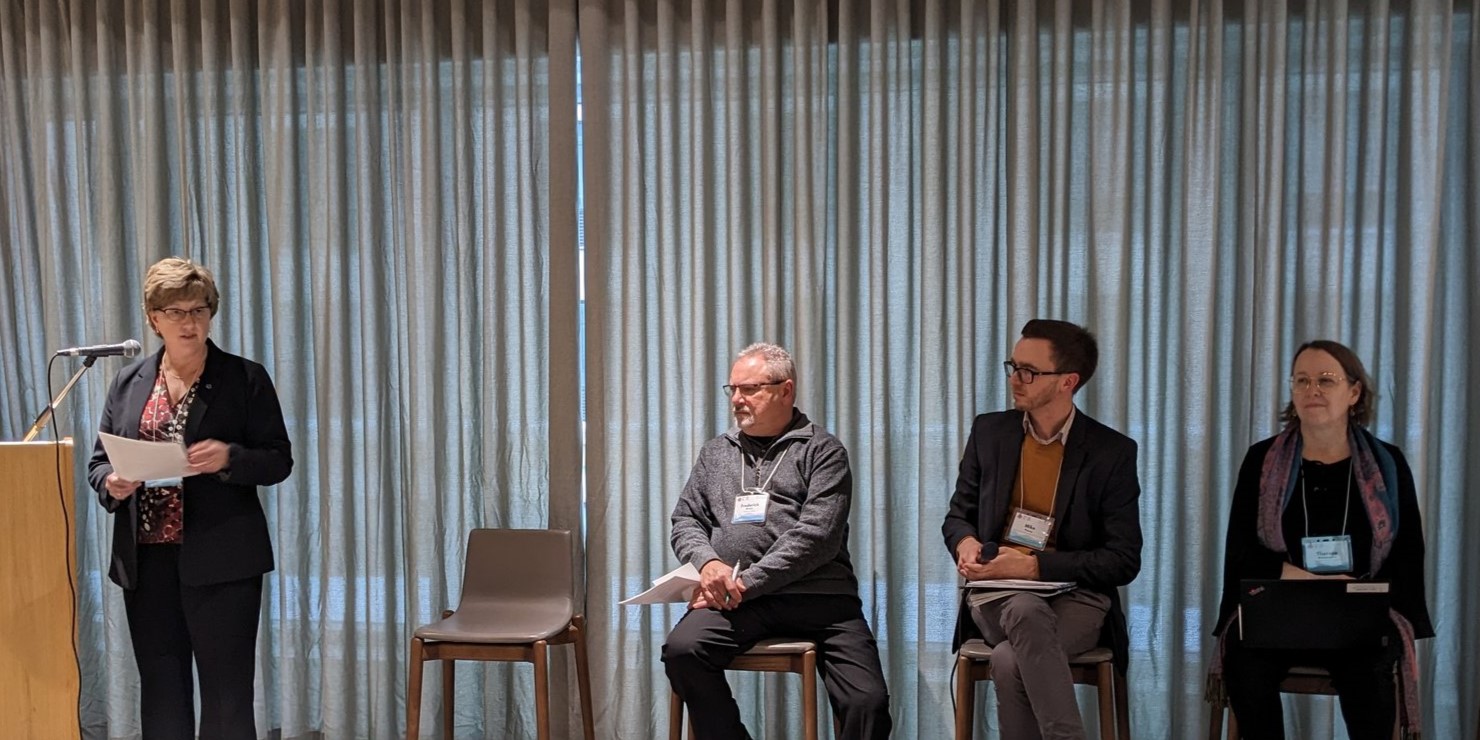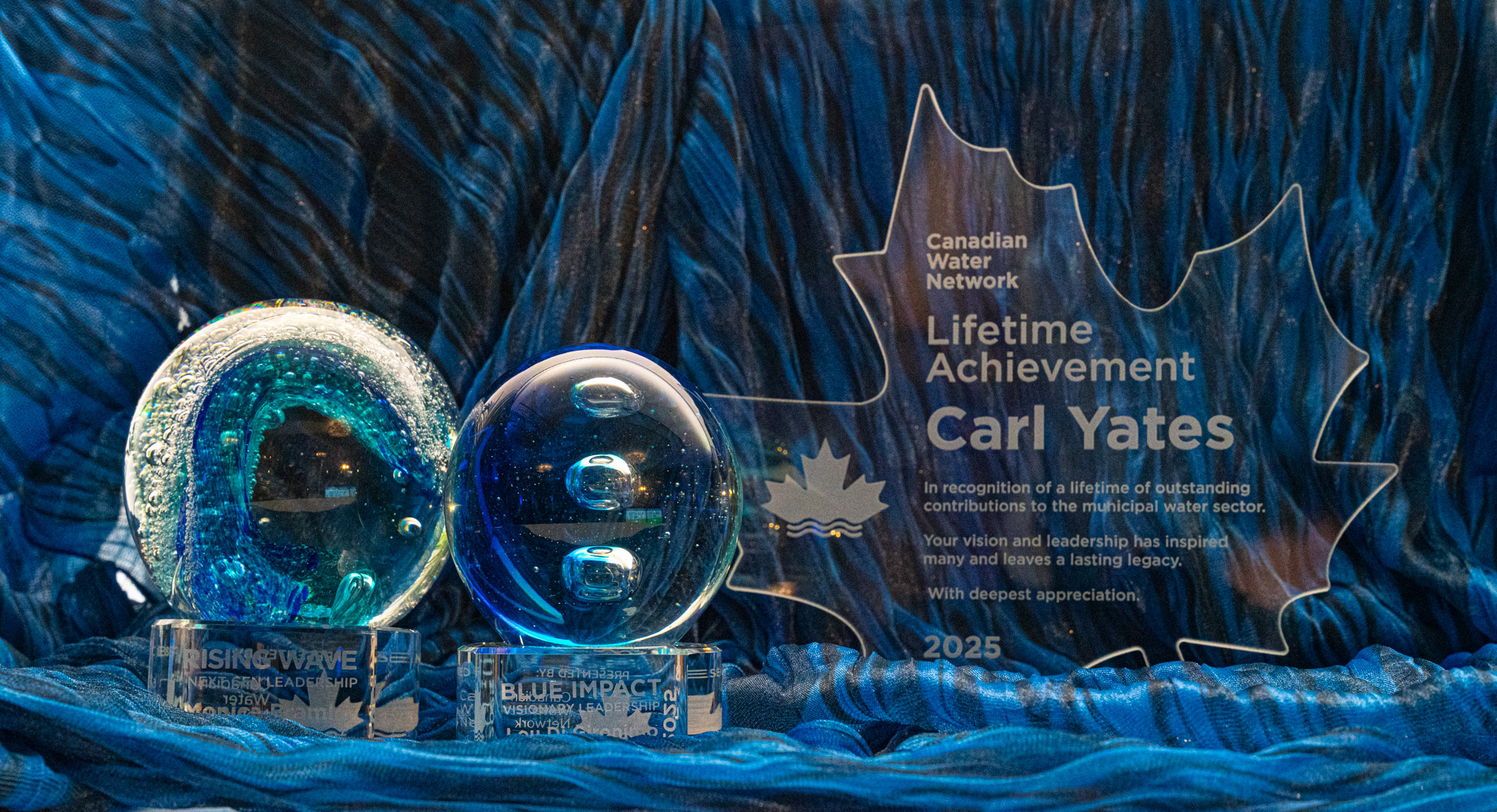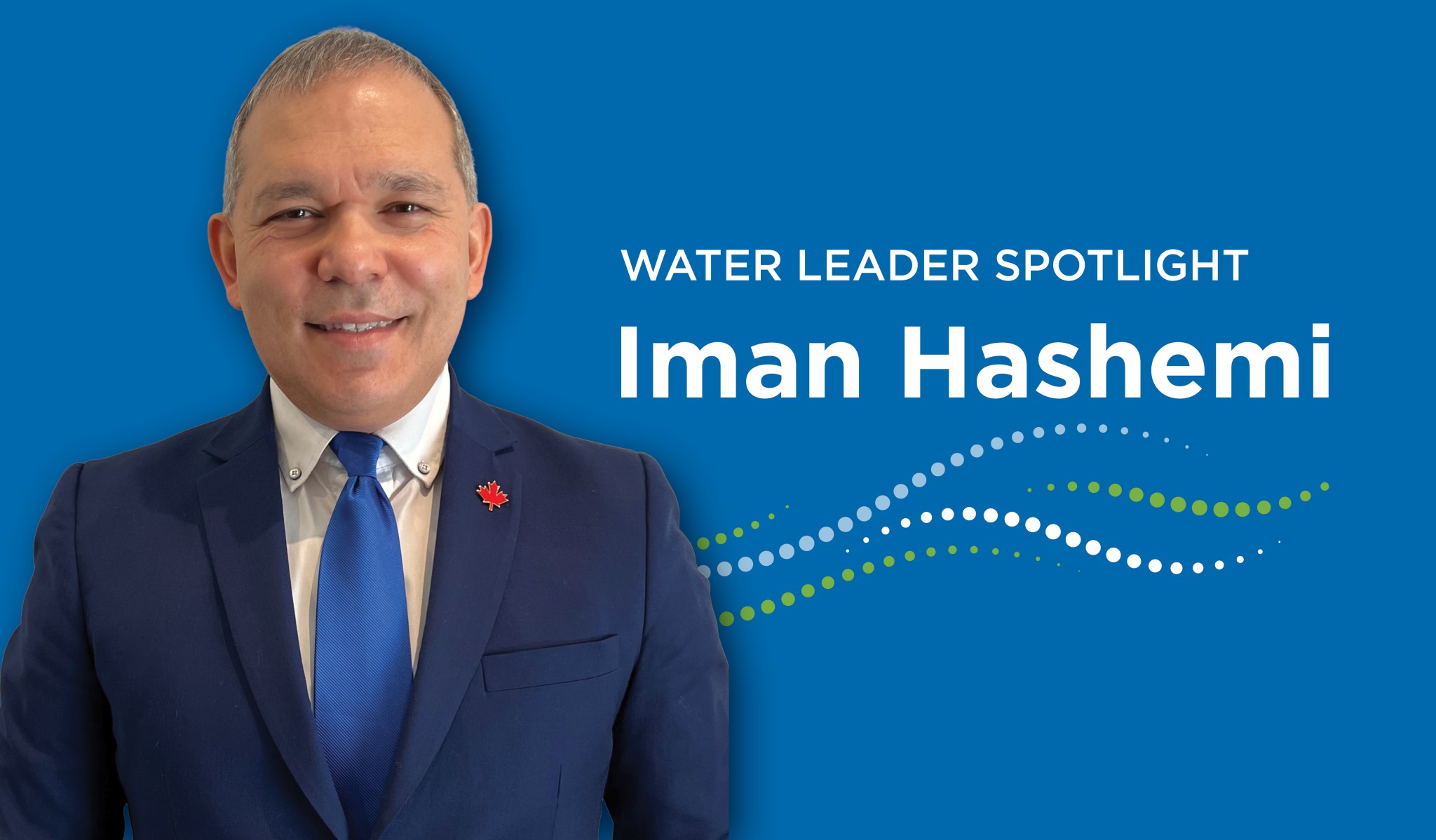Modernizing the Canada Water Act

Canadian Water Network’s Sandra Cooke moderated a panel discussion on modernizing the Canada Water Act. The panel discussion took place during a workshop on January 27 hosted by the Ontario branch of the Canadian Water Resources Association (CWRA). This blog post shares Sandra’s perspective on the panel and the workshop.

I would like to start off by thanking the CWRA for the opportunity to participate in its national workshop titled Canada Water Agency: Facilitating Collaboration on Freshwater Coordination and Stewardship.
It was my pleasure to moderate a panel discussion on Modernizing the Canada Water Act. My takeaway from the panel was that there is great potential for the Act to show federal leadership and commitment to water. At the same time, the Act needs to reflect current realities. Perhaps this panel was a start to keep these conversations going!
It was also a great day to hear from Environment and Climate Change Canada’s (ECCC) Mike Goffin about all the hard work going on to create the Canada Water Agency (CWA). I look forward to hearing an announcement about when the CWA will open its doors. Participants also heard from Marjorie Shepherd from ECCC, who spoke about the science and knowledge plan for Climate Science 2050 and its linkages to freshwater.
There were many other presenters during the workshop as well. Some of the topics they covered included: a possible roadmap for Canada’s freshwater data strategy framework, the Government of Canada’s Flood Hazard Identification and Mapping Program, and the Government of Ontario’s flooding strategy.
A common thread throughout all the presentations was that collaboration is essential, but it doesn’t ‘just happen.’ It takes hard work, resources, convenor skills and a commitment to work through a collaborative process. Collaboration also takes time and a long-term view. The bottom line is that we all need to adopt ways of doing things that enable us to coordinate better, collaborate and integrate our work on freshwater
During the workshop, I also heard about One Water and One Health. We need people to navigate across silos and think in “systems.” This involves connecting to those who work in areas upstream, downstream and adjacent to us.
Water touches everything, and we all need to take stock of better ways of working with people toward a shared vision for water in Canada. I believe that the CWA and modernized Canada Water Act will help us do that.


















